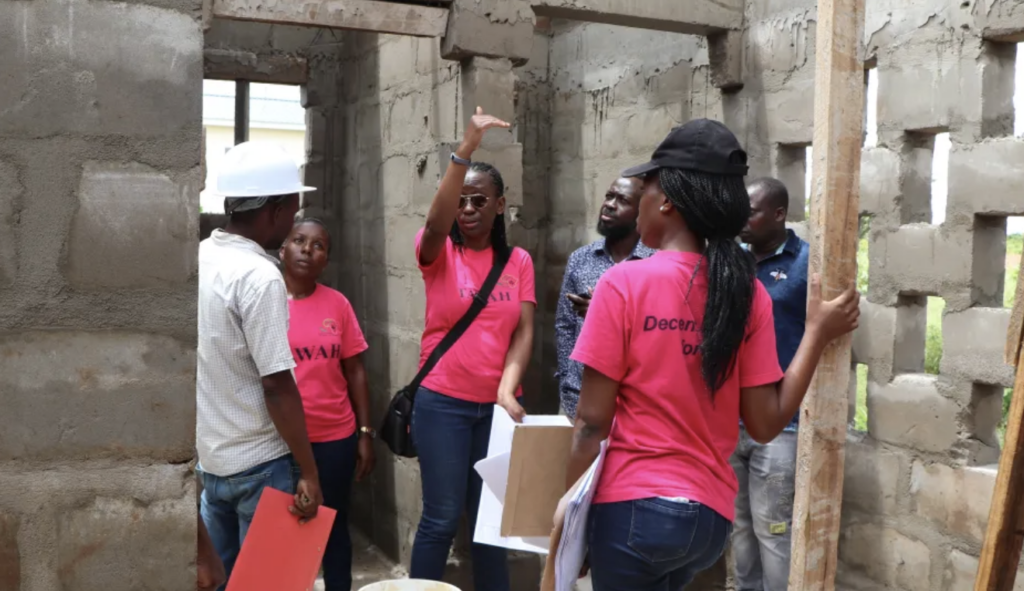The Wealth Inequality Initiative “connects global independent experts with role models, grant makers and the public. Through their valuable insights and contributions, [they] strive to awaken interest in the topic of wealth inequality, circulate knowledge linked to the issue, mobilise the stakeholders involved and, ultimately, drive action to shape more equal societies” (Wealth Inequality Initiative).
“As the corporate foundation of a private bank, the Julius Baer Foundation has access to a network of privileged people in our society worldwide. This position allows [them] to act as a facilitator and trigger impactful collaborations across the wealth divide. [They] want to harness this connection to create more opportunities for the disadvantaged trapped in a situation with no resources to draw on” (Wealth Inequality Initiative).
In this context, private banks can have a direct impact on public well-being and on bridging wealth inequality through an exchange of resources.
“To this day, the bottom 50% of world’s population own less than 2% of global wealth, while the top 1% owns 38%” and “this widening gap inevitably hamstrings sustainable economic growth, hindering societies from flourishing while leading to social instability” (Wealth Inequality Initiative). “While structural solutions are mostly in the hands of regulators and public authorities, multi-stakeholders’ initiatives, networks and projects that facilitate exchange and social mobility have a key role to play. Only a systemic approach can bring results and drive change” (Wealth Inequality Initiative).
So what does this system look like?
“It begins with five steps:
- EXPOSE the problem
- IDENTIFY the actors
- CONSTRUCT a rationale
- FACILITATE as the OPPORTUNITY BROKER
- PLAN and take concrete action” (Wealth Inequality Initiative).
But how do you do that in the real world?
In one of their initiatives, the “Julius Baer Foundation and Tanzania Women Architects for Humanity (TAWAH) join forces for the construction and development of the Knowledge Centre in Mhaga Village” (Wealth Inequality Initiative). In this context, the Initiative is focusing on increasing “women’s employability prospects in the sustainable housing fields” by providing them with the resources to sustainably aid in their communities (Wealth Inequality Initiative).

They did this by:
- “training them to produce sustainable, modern mud bricks whose sale supports the centre’s activities and expansion to other regions in Tanzania.
- helping renovate or build homes for the elderly, people with disabilities, and female-headed households.
- preparing women for activities in the construction sector; a field that has long been perceived as a male domain.
- developing business and marketing skills.
- raising awareness in the public and private sector of the need for inclusive community mobilisation to build better, affordable housing” (Wealth Inequality Initiative).
The Julius Baer Foundation shared resources with those who are systematically marginalized in in order to help these communities grow. This in turn helps Tanzanian women flourish sustainably and start to accumulate wealth that can be used in local banks and economies. This allows for women to take charge of their lives. This not only helped the communities grow in their own way, but it also served as an investment into their future economy which would in turn aid in the private banking sector. In this scenario, both stakeholders have opportunities for growth.
How might the system created by the Wealth Inequality Initiative help breach the divide between private banks and communities? And how might this system be adapted to fit into our financial system in Columbus today?
References:
Wealth Inequality Initiative. About the Wealth Inequality Initiative. https://www.wealth-inequality.net/about-wealth-inequality-initiative
Wealth Inequality Initiative. Empowering women with skills to thrive in the sustainable housing business and strengthen communities. https://www.wealth-inequality.net/projects/empowering-women-skills-thrive-sustainable-housing-business-and-strengthen-communities




